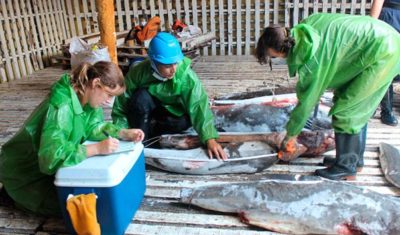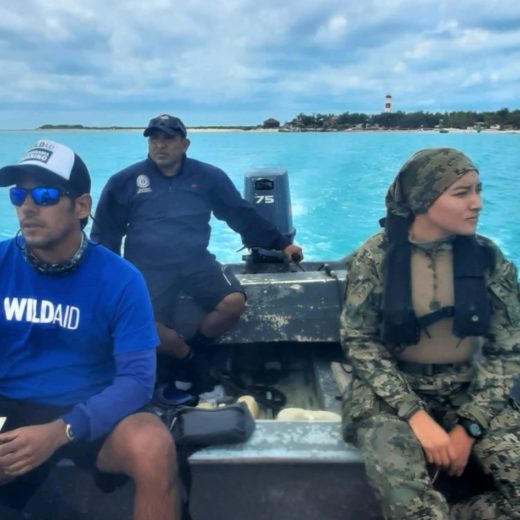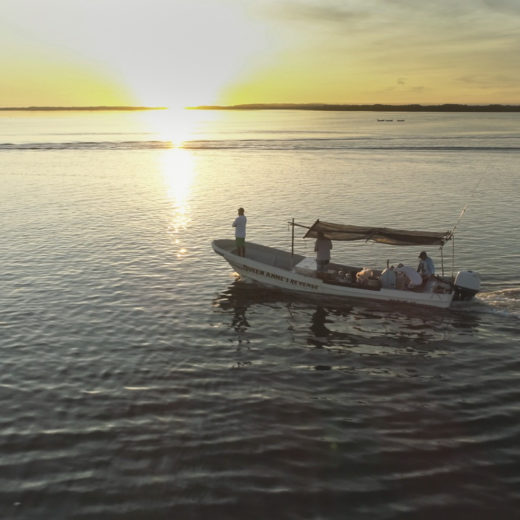
Last month members of a judiciary tribunal in a provincial appeals court ruled in favor of the Galapagos National Park in the months-long case against the crew, captain and owner of the Fu Yuan Yu Leng 999.
They ratified the sentence for the captain and crew ranging from one to three years in prison for possession and transport of protected species within the Galapagos Marine Reserve. Jail time for the captain was slightly decreased from the original four years specified.
Additionally, the owner of the vessel was fined US$6 million as reparations for damages to the marine ecosystem. This is an increase from the original US$5.9 million sentencing. The sentencing in August also included confiscation of the vessel with sales proceeds (if applicable) to benefit the Galapagos National Park. However, the judge overturned this ruling. The vessel will be returned to the original owner upon receipt of the US$6 million payment.
The cargo vessel was caught in August this year illegally transiting through the Galapagos Marine Reserve with a hull filled with 6,623 sharks, including juvenile hammerhead and silky sharks.
“The court ratified the actions taken by the Galapagos National Park. They confirmed the park’s statement that the crew’s human rights were respected. The park staff acted in accordance to the Ecuadorian constitution in defense of the rights of nature,” Walter Bustos, director of Galapagos National Park stated.
The cargo vessel, Fu Yuan Yu Leng 999, was detected and tracked using the Galapagos National Park Service’s new AIS monitoring system—procured and installed by WildAid, WWF and Sea Shepherd. Galapagos park rangers and Ecuadorian Navy officials intercepted the vessel 34.5 miles off the coast of the island of San Cristobal and arrested its crew of 20. Upon inspecting its hold, they found 300 tons of frozen sharks and fish.
Stay in touch and get the latest WildAid updates.
SIGN UPAbout WildAid
WildAid is a non-profit organization with a mission to protect wildlife from illegal trade and other imminent threats. While most wildlife conservation groups focus on protecting animals from poaching, WildAid primarily works to reduce global consumption of wildlife products such as elephant ivory, rhino horn and shark fin soup. With an unrivaled portfolio of celebrity ambassadors and a global network of media partners, WildAid leverages more than $308 million in annual pro-bono media support with a simple message: When the Buying Stops, the Killing Can Too.
Journalists on deadline may email communications@wildaid.org


